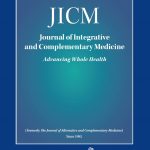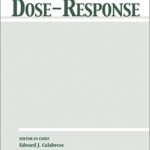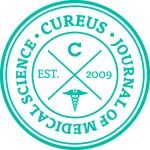Alex Hankey
A Prophet Lays Down His Pen
JACM, 2012, 18 (2), 103-105

In the good old days, an illumined wizard âbroke his wand.â? The Tempest's Epilogue,1 spoken by Prospero, after he has released Ariel from his power, and sent Caliban (a skeptic?) packing, contains one of Shakespeare's most notable speeches. One hears not only Prospero's illumined voice, âNow I want / Spirits to enforce, art to enchant,â? and Shakespeare's, laying down His Pen, but also the Divine: âGentle breath of yours, my sails / Must fill, or else my project fails, / Which was to pleaseâ¦and my ending is despair, unless I be relieved by Prayer.â?In one section of Four Quartets, T.S. Eliot's illuminated signoff, God is represented as Practitioner. âThe wounded surgeon plies the steel, / That questions the distempered part, Beneath the bleeding hands we feel / The sharp compassion of the healer's art.â?2 If God is Practitioner, and Poet is Patient, the creative process is Remedy. Shakespeare's triumvirate of God, Poet, and Prospero is thus somewhat akin to Practitioner, Patient, and Remedy, the subject of Milgrom's work,3â8 from which he claims to be retiring.Over the last 10 years, Milgrom has demonstrated a âmagic touch,â? arriving at a metaphorical model of quantum healing that, as he rightly suggests, may apply to all systems of medicine (see Milgrom's article in this issue). His work has exemplified a fundamental principle: Science is not a set of laws, but a process of discovery, of continual renewal. Of this, creative minds are sure. Simple hypotheses are conjectured and tested, often refuted9; limits of known laws are delineated. Established laws should thus be regarded not as sacred mantras to be endlessly and unthinkingly repeated as skeptics are wont to do, but as possibly simplistic, and requiring updating; as Whitehead famously suggested, âSeek simplicity and mistrust it.â?10 Then outdated paradigms can be discarded, and new ones adopted.11







